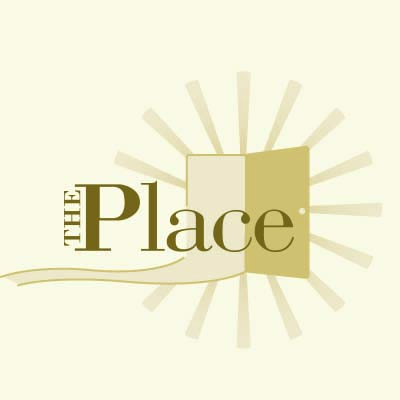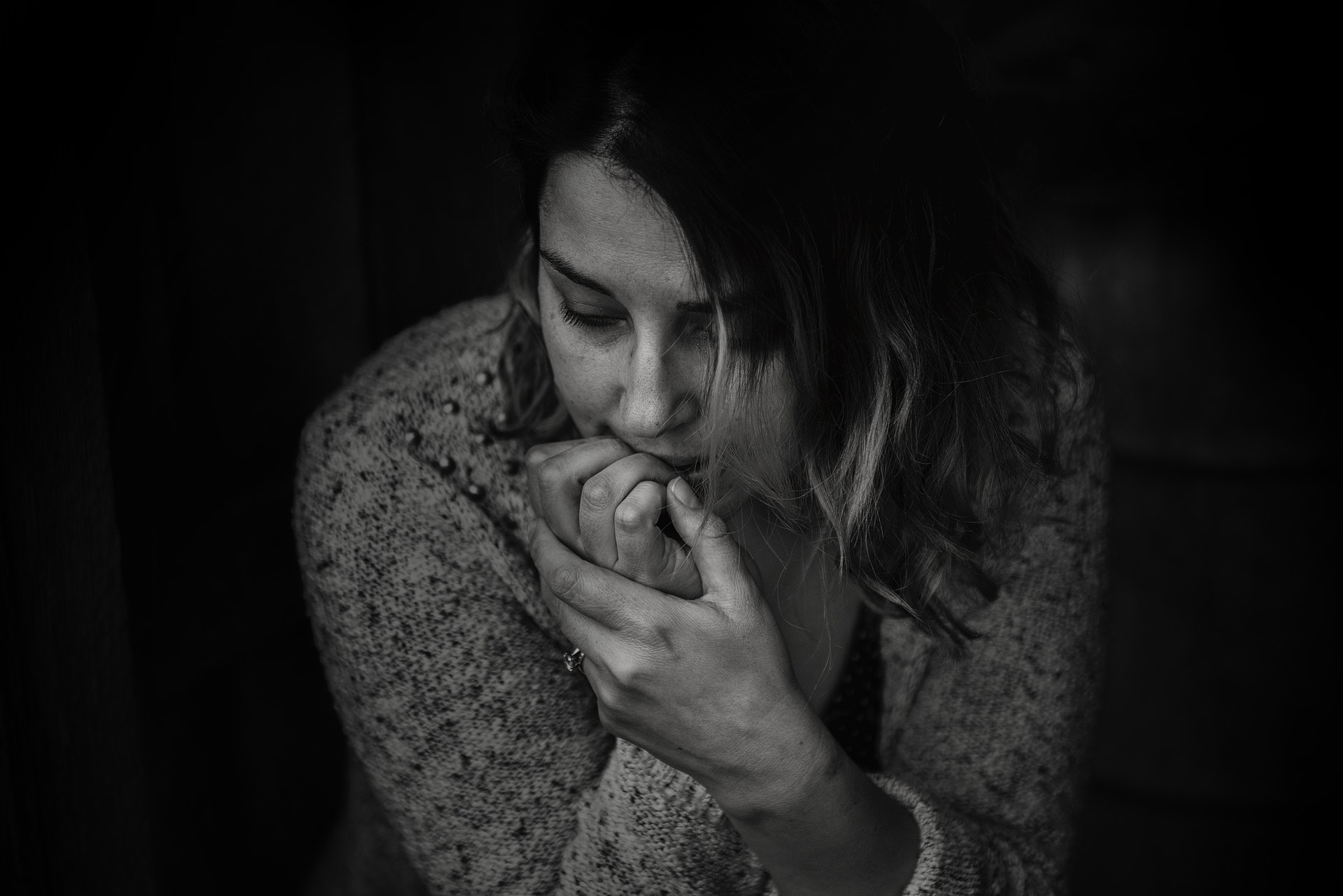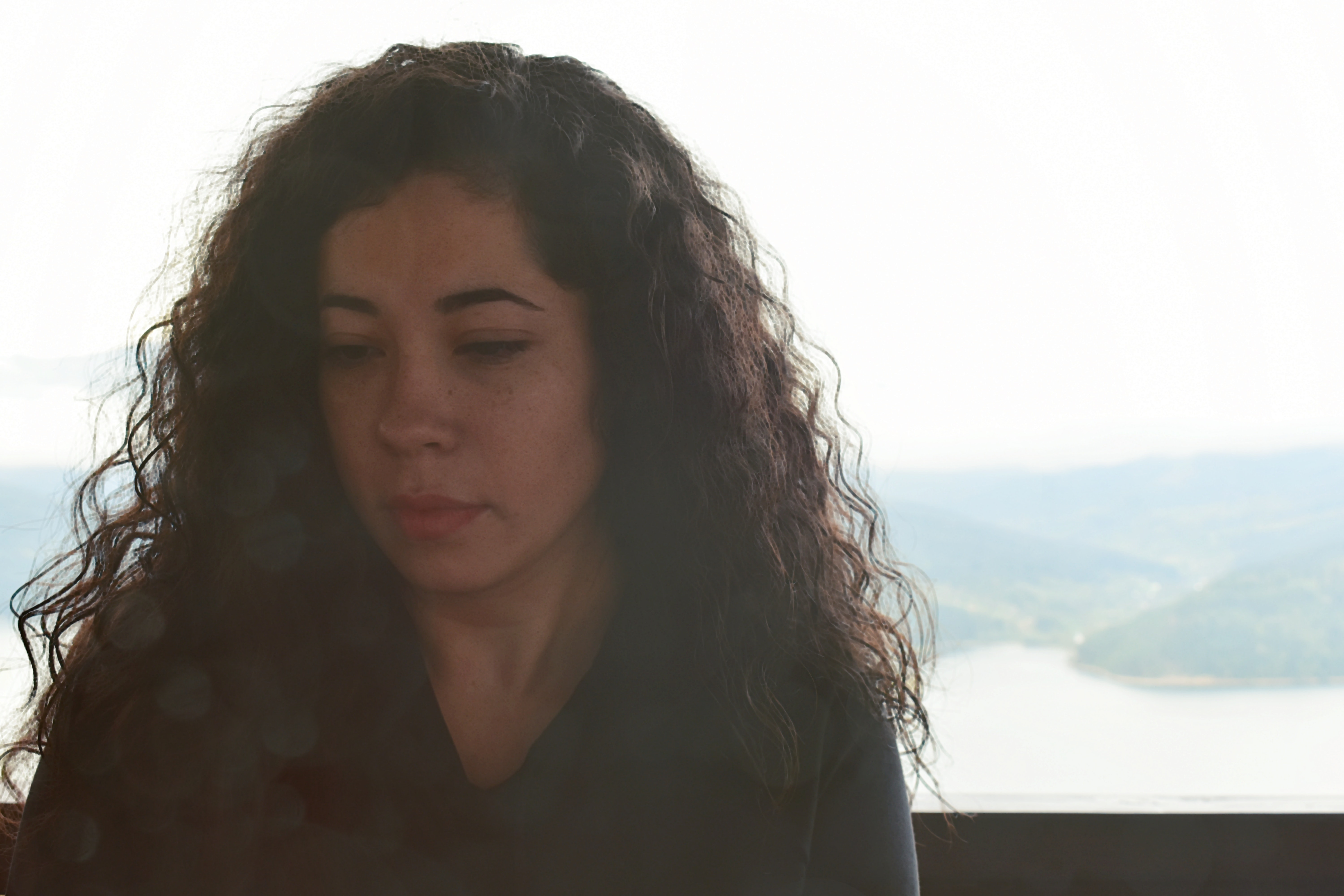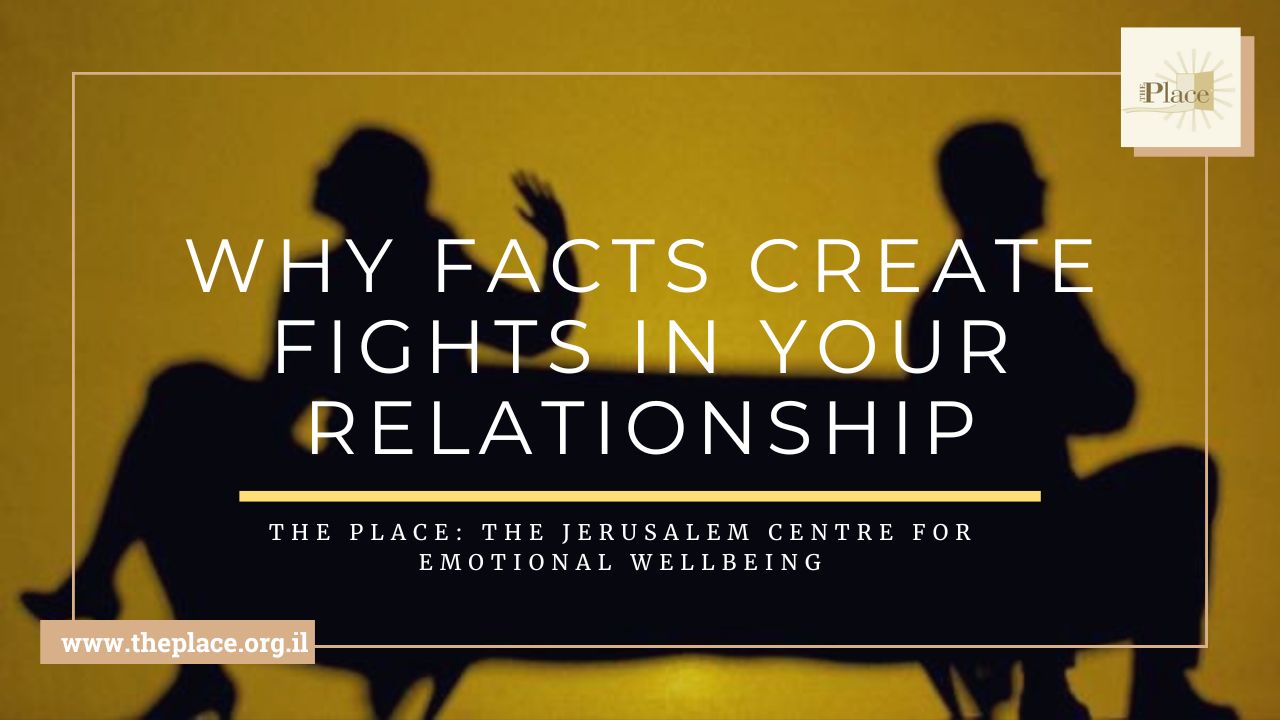The early years of couples therapy were a lot like new marriages. It was uninformed and unnecessarily convoluted. Studies showed only 15% of couples satisfied with their marriages. This was cross-cultural and therapy didn’t make a dent. The field amounted to unproven theories and a no-man’s land of paradoxical interventions. Everyone knew there was a problem but the solutions were hard coming.
One shining example of marriage therapy’s Dark Ages is George Bach’s work. Lulled into a false sense of security by the intake, couples were ushered into treatment. Before them they discovered two giant foam bats. The instructions were simple. The only solution was to “drain” the toxicity out of the marriage. Each partner needed to take turns shouting their grievances as they gave the other a good whack. Unsurprisingly, ailing couples kept coming in motivated by more than desperation. They got to hit, guilt-free, the person who most betrayed them. What a deal. Even more unsurprisingly, this poor understanding of catharsis didn’t help anyone. It bred resentment and divorce.
Was Bach a hack therapist? No. Was this the weirdest example I could think up? No. This example illustrates how desperate clinicians were to make a dent. Nothing else they were trying was working. “Let’s try hitting each other and see what happens.” Today, marital therapy has transformed. It’s effective at tackling the 15% satisfaction rate. We have excellent research and tested interventions. Currently, 80-90% of couples walk away with a rich, satisfying, and loving relationship. What changed?
Empirically minded researchers like John Gottman stepped forward. They chucked out the theories and asked, “What do couples actually do? Are there any consistent patterns?” Gottman, a keen observer of behavior, locked away couples in his research apartment. The place was rigged with every imaginable type of recording device. The goal was to capture how couples actually interact over days and weeks. Gottman compiled thousands of hours of recordings. He tracked thousands of couples for decades. What emerged were clear and simple instructions for a healthy marriage. He figured out the differences that separate the marriage masters from the disasters. Next week, we’ll dive into the nuts and bolts of Gottman’s research.
About The Place
The Place is where therapists, individuals and the community connect to create safety, strength and success. At The Place, men and women discover the freedom and safety to move past those issues which are preventing them from living life to its fullest. Our goal is to help each of our clients discover his or her own strengths as powerful tools in the healing process.
The Place is a multi-faceted clinic offering both individual and group therapy, support groups, interactive evenings and lectures, educational classes, and drop-in hours. Our comfortable, confidential, relaxed environment allows clients and their families to explore sensitive issues and create positive change. We believe that the key to mental health and emotional well-being is inside you.
At The Place, male and female therapists work independently or as a team to explore sensitive issues and facilitate positive change for individuals, couples and families from all sectors of the community. Some of our specialties include emotional eating, grief counseling, internet addiction, phobias, anxiety & OCD, childhood challenges, premarital counseling, couples therapy and intimacy issues, postpartum support, personality disorders, psychiatric care, and more. Connect with a caring professional in person at our comfortable Jerusalem offices, or by video, phone, and text. We’re here for you.
Contact Us
Email info@theplace.org.il
Phone (02) 581 8299
Whatsapp 054 260 1468
Social Media
Website:
https://theplace.org.il/
Facebook:
www.facebook.com/theplacejerusalem/
Instagram:
www.instagram.com/theplacejerusalem/






